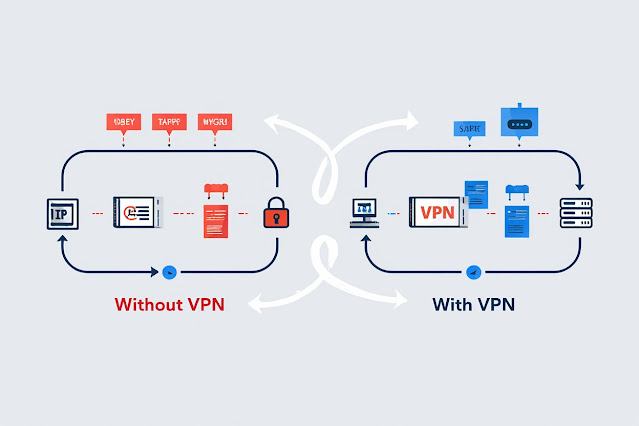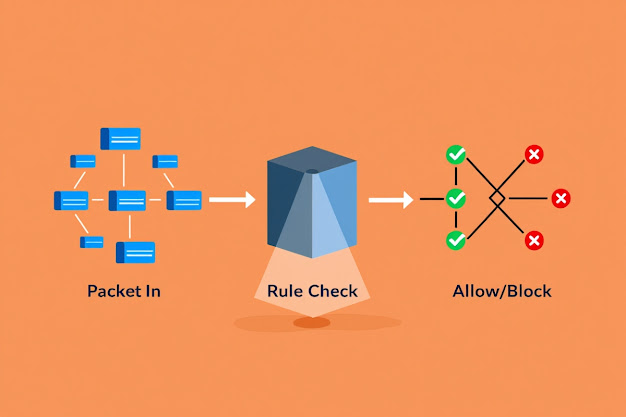What Is Cloud Backup? A 2025 Must-Have for Business Data Protection
☁️ What Is Cloud Backup? A 2025 Must-Have for Business Data Protection
In 2025, digital data is the beating heart of almost every business. From customer information and financial records to internal documentation and team communications, modern organizations depend on digital infrastructure to stay operational. But what happens when this critical data is lost, corrupted, or inaccessible?
This is where cloud backup becomes not just a good idea — but a business necessity.
Understanding Cloud Backup
Cloud backup, also known as remote or online backup, is the process of copying and storing data on off-site servers maintained by third-party providers. Instead of relying solely on physical drives or on-premises infrastructure, companies can ensure their data is preserved in secure, geographically distributed environments.
Leading providers like Amazon Web Services (AWS), Microsoft Azure, and Google Cloud offer scalable cloud backup services tailored to businesses of all sizes.
Why Traditional Backup Isn’t Enough
While traditional on-site backups (such as external hard drives or NAS devices) still play a role in some organizations, they come with major limitations:
-
Vulnerable to physical damage or theft
-
High maintenance and hardware costs
-
Limited scalability
-
Slow recovery times in disaster scenarios
Cloud backup addresses all of these issues — and more.
Key Benefits of Cloud Backup for Businesses
1. Enhanced Security and Redundancy
Modern cloud platforms provide built-in encryption (both in transit and at rest), strict access controls, and automatic replication across multiple data centers. This ensures your data remains safe, even if one server fails or a region experiences downtime.
2. Rapid Disaster Recovery
Whether it's a ransomware attack or natural disaster, businesses with cloud backup can restore their data quickly and resume operations with minimal disruption.
3. Cost Efficiency
There’s no need for expensive hardware investments or IT teams to manage complex backup systems. Most cloud services offer flexible pricing based on actual usage, helping businesses stay lean and efficient.
4. Scalability on Demand
As your data grows, your backup solution grows with you. Cloud platforms allow seamless scaling without the need to overhaul infrastructure.
5. Compliance Support
Cloud backups help meet data protection standards like GDPR, HIPAA, and ISO 27001. Audit logs, versioning, and retention policies are often built in.
Cloud Backup for SaaS Platforms
One common misconception is that SaaS platforms like Microsoft 365 or Google Workspace automatically back up your data. In reality, while these services provide basic protection, they do not offer full backup and recovery functionality.
That’s why businesses turn to SaaS-specific cloud backup solutions. Tools like OpenText™ Cloud Ally™ offer enterprise-grade protection, including point-in-time recovery, searchability, and export options for platforms like Salesforce, Microsoft 365, and more.
For full details, read the original article here:
👉 What is Cloud Backup? A Complete Guide for Businesses
Why Now Is the Time to Act
Data loss is not a matter of “if” but “when.” Whether from employee error, cybercrime, or unforeseen disasters, your business will eventually face a data-related challenge. The real question is whether you’ll be prepared.
Cloud backup is more than just insurance — it’s a strategic investment in continuity, resilience, and trust.
Final Thoughts
If you haven’t already adopted a cloud-based backup strategy, now is the time to start evaluating your options. Protecting your data also means protecting your clients, your operations, and your reputation.
For more useful guides, tutorials, and technology tips, visit the homepage of Softbuzz.net — where business and tech come together.



Nhận xét
Đăng nhận xét